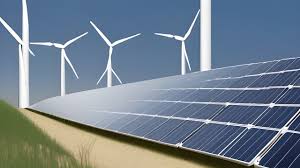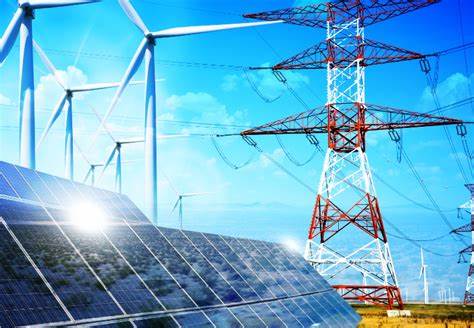The Energy Council of South Africa has launched a nationwide campaign to empower South Africans to gain a better understanding of and engage in the energy transition.
The campaign is a response to South Africa’s commitment to lowering carbon emissions to net-zero by 2050 and ushering in a green economy.
The government aims to ensure that this transition is just, inclusive, and responsive to South Africa’s developmental needs leaving no one behind.
“Energy literacy is more than just understanding the basics, it’s the foundation for informed decision-making, constructive collaboration, and ultimately driving investment and economic growth through gained public positive sentiment,” said Energy Council CEO James Mackay.
The campaign focuses on six technical energy topics:
- Energy as an Integrated System: Shifting from a polarized “supply mix” ideology to a practical, integrated system planning and delivery approach. This aims to balance supply-side actions with demand response, changing trends, increasing importance of infrastructure and digital integration, and the critical issue of a competitive marketplace.
- Vital Emissions Obligations: South Africa has an intensive carbon footprint and is now exposed to carbon tax and carbon border adjustments from 2026 with its biggest trade partner, Europe.
- Ongoing Coal Dependency: Examining coal’s critical role in South Africa’s energy mix, which is still planned to be in operation well beyond 2026. The need for cleaner, reliable, and more efficient use, and the pathway to a strategic, balanced transition not compromising energy security and economic stability.
- Bridging the Transition with Gas: Exploring how gas could provide crucial support to South Africa’s energy system by meeting fluctuating demand, system variability, and bridging the gap as renewable energy grows and large coal stations are decommissioned.
- Scaling Renewables and Storage: Evaluating the growing adoption of solar and wind energy as well as battery storage, focusing on the advantages of renewable energy, the barriers to widespread deployment, and the role of technology in making renewables a central part of South Africa’s energy future.
- Reforming the Energy Market: Understanding the critical need and benefits of a competitive wholesale electricity market to unlock investment, drive efficiency and lower prices, as well as anchor South Africa’s future power sector ecosystem.
The Energy Council estimates that R2 trillion will be required by 2035 for new technology financing and system upgrades. Government policy and commitment are clear.
The two key drivers of South Africa’s energy reform agenda are now anchored in law: The Electricity Regulation Amendment Act, 2004, and the Climate Change Act, 2024.
The Energy Council estimates that R2 trillion will be required by 2035 for new technology financing and system upgrades. Government policy and commitment are clear.
The two key drivers of our energy reform agenda are now anchored in law: The Electricity Regulation Amendment Act, 2004, and the Climate Change Act, 2024. It is critical that informed responses lead the transition, ensuring collaboration across all stakeholders to create sustainable.
Read More:South Africa’s Resilience: Minister Vows to End Load Shedding Crisis – Jaina News
South Africa’s Energy Revolution: Minister Ramokgopa Leads at WEF – Jaina News
Eskom Strides Toward Historic Year Without Load Shedding – Jaina News









[…] Read More:Empowering South Africans: Data-Driven Energy Transition Campaign Launched – Jaina News […]
[…] Empowering South Africans: Data-Driven Energy Transition Campaign Launched – Jaina News […]